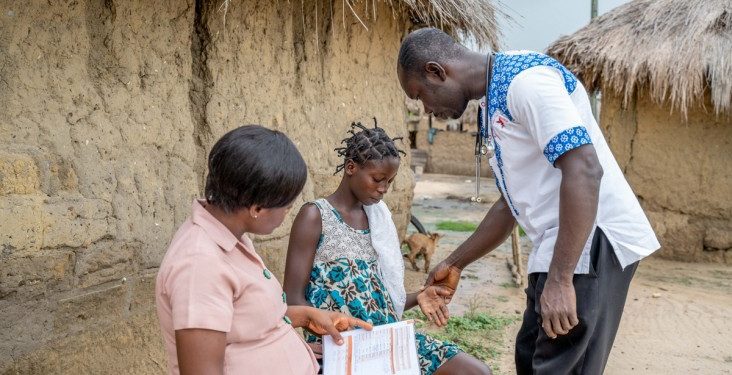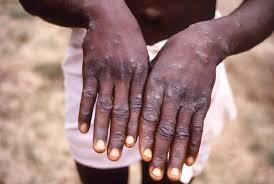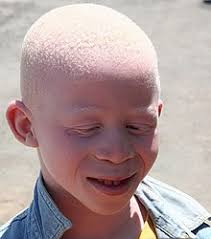When it comes to health. The country ranks 131st out of 188 countries on the World Health Organization (WHO)’s 2017 global health index. This means that Ghana has a very high rate of health inequality, where people living in wealthier areas enjoy better health outcomes than those who live in poorer areas. Impressive economic growth over the past 20 years has coincided with a sharp decline in poverty, which is more than half between 1992 and 2013. After Nigeria, the nation presently has the second-largest economy in West Africa.
Ghana’s health inequality is particularly evident when it comes to mortality rates in both urban and rural communities. For every 100,000 people in Ghana, the mortality rate for children under 5 is more than twice as high as the mortality rate for children in Denmark (123 deaths per 100,000 compared to 39 deaths per 100,000). The mortality rates for adults are also significantly higher in Ghana than in Denmark, but they are not as pronounced.
According to research by Oxfam, it is estimated that just one of the richest men in Ghana earns more in a month than one of the poorest women could earn in 1,000 years. While 1,000 extra millionaires were created between 2006 and 2016, nearly 300,000 people could have been lifted out of poverty, had inequality not increased during this period. The wealthiest 10% of Ghanaians now share 32% of Ghana’s total consumption – more than is consumed by the bottom 60% of the population combined, while the very poorest 10% of the population consumes only 2%.
Effect of Healthcare inequality in Ghana
Healthcare is a challenge for the poor. With little to no access to quality care, many people are forced to go without treatment or rely on traditional healing methods. This can lead to further health complications and even death. The government has made some progress in recent years in providing free healthcare to the poorest citizens, but more needs to be done to close the gap between the rich and the poor. The National Health Insurance System does not cover most essential healthcare services which are on high demand by the populace.
In Ghana, the rich have access to better quality care than the poor. This has led to a situation where the rich are getting healthier while the poor are getting sicker. This is not only unfair, but it is also unsustainable in the long term.
Ghana is believed to be one of the most unequal countries in the world, One reason for this high level of health inequality is that there is a lack of access to essential healthcare services in Ghana. Most of the poor in Ghana can survive healthcare challenges by using traditional remedies and herbal medicines.
The solution to healthcare inequality in Ghana
The Ghanaian government is making efforts to address healthcare inequality in the country, but more needs to be done. One of the biggest problems is the lack of access to quality healthcare in rural areas. The government has setting up some primary healthcare facilities themed Agenda 111 in rural areas, but the existing hospitals are often understaffed and lack the necessary resources. Another issue is the high cost of healthcare, which makes it out of reach for many Ghanaians. The government has introduced a national health insurance scheme does not insure most of the essential health care needs of Ghanaians. In the meantime, NGOs and other organizations are working to fill the gap and provide essential medical care to those who need it most.






























